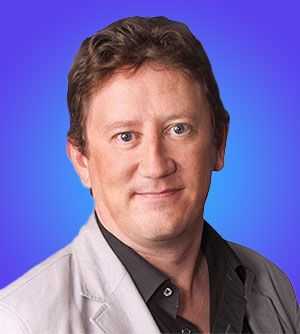Going to Ukraine During Wartime – A First-Hand Account
Anarky Labs went to the Ukraine war zone on a fact finding mission. What follows is an interview with our CEO, Sakari Salli who talks about why he travelled to Ukraine, what he saw, how it felt, and what he learned while trying to test drone-related technology during an active war.
Steve Jackson interviews Sakari on his recent trip to the Ukraine to find out first hand what it was like travelling in a war torn country.
Why did you go to Ukraine? What was the purpose of the trip?
Sakari:
My thinking was simple. If you want to build anything for drones in a military setting, you need to be in Ukraine.
That is where new ideas come fast and where they get used for real. I also learned about an event called Defense Tech Valley 2025. There were investors there who focus only on defense or dual-use firms, so I wanted to meet them.
The second goal was to meet local drone makers and start arranging test flights. Before the trip, the Ukrainian embassy in Helsinki hosted an event where I met the founder of Skyfall, one of the major drone manufacturers. He said our system should be tested in real conditions as soon as possible. That became the clear plan.
Did anyone try to talk you out of going?
Sakari:
Not really. People took it seriously, of course. When the trip got closer, it hit me that I was going into a war zone. Missiles and drones can strike anywhere. There are no true safe areas. But I felt that if I wanted to help in any way, I had to go.
How do you even get into Ukraine during a war?
Sakari:
It helps a lot to know someone on the ground. Ravel Meeth, our EU liaison introduced me to a contact in Kyiv named Felix - a German national. He supports western companies, helps with local links, knows the rules, and knows how things work. He explained what papers I would need at the border, what times to cross, and how to plan the route.
In the end, I flew to Warsaw, took a train to Kraków, and from there Felix picked me up. We drove to the border and crossed with his car. Passport control was quick. They did not search our bags going in. On the way back, I took a Kyiv–Warsaw bus. That was a mistake. The whole trip took 26 hours, including eight hours stuck at the border. I do not recommend that route.
If I go again, I’ll cross by foot. There is a small Polish village near the walking border point. You take a bus there, walk across, then take another bus on the Ukrainian side. It is much smoother.
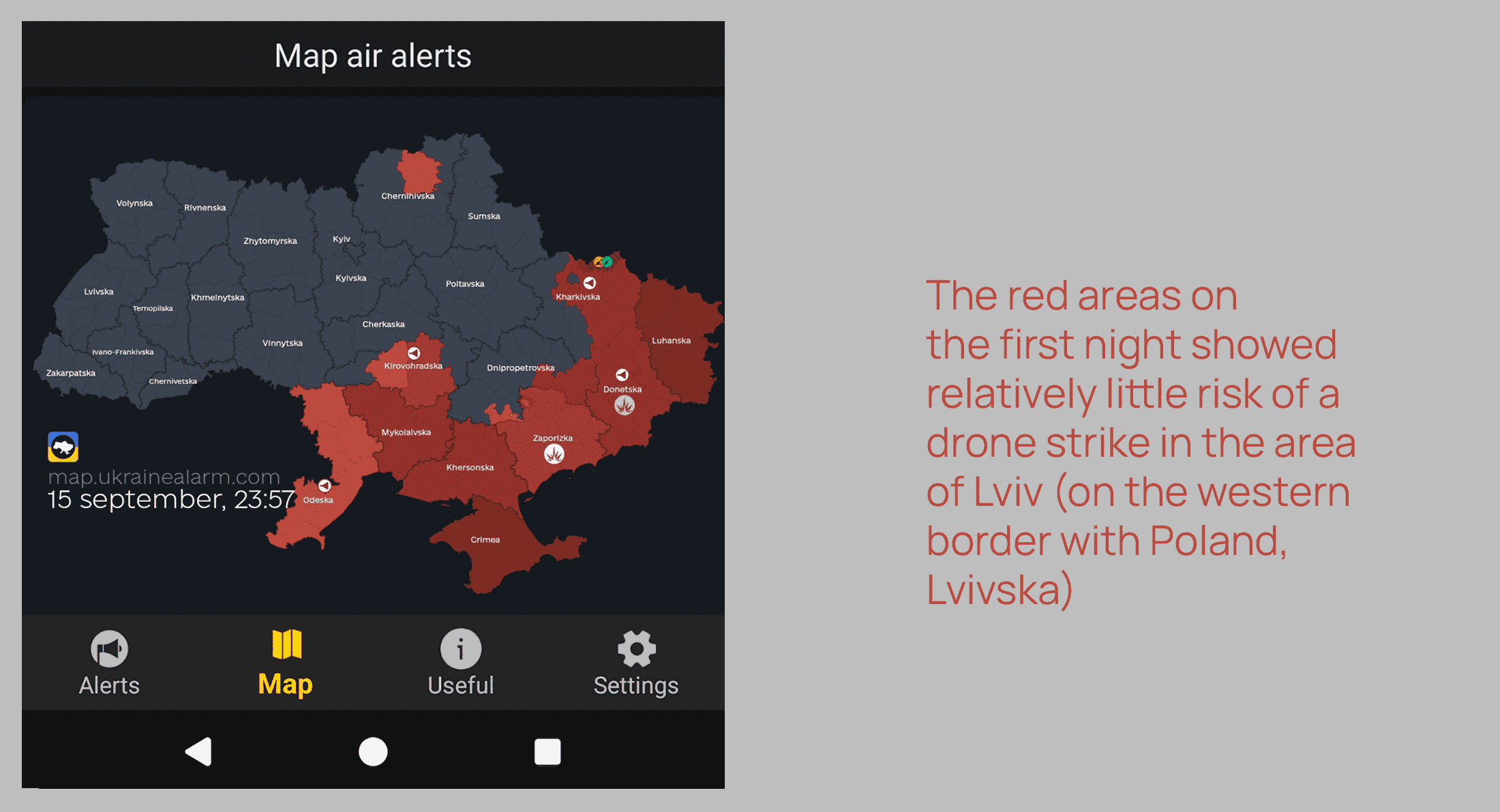
What was the moment you realised, “This is a war zone”?
Sakari:
We crossed the border late at night. It was pitch black. A thick fog hung over the road. No street lights. And the tone of the Ukrainian border guards was different. Hard to explain, but the mood changes fast when you cross over.
On the way to Lviv, the roads were rough. A few cars drove very fast even though you could barely see. It felt tense. Inside the city everything was silent because of the curfew. No normal traffic. Only a few police cars.
What were the conditions like in Lviv?
Sakari:
I stayed in one of the best hotels I’ve ever been in. Everything worked. No power cuts. Good internet. The city itself is beautiful. You see sandbags near historic statues, but life goes on.
I had an air-alert app on my phone. It shows strikes across the country. You sit in a nice hotel but see alerts popping up from the east. It reminds you that the war is real even if your street is quiet.
The hotel also had a proper shelter in the basement. That was one of the reasons I chose it.
How did locals treat you as a foreign visitor?
Sakari:
Very well. They may not speak perfect English, but they are kind, polite, and helpful. The service in shops and hotels is great. People are very warm and welcoming.
On the way to Kiev, I tried to take photos from the car as we drove through the countryside but i couldn't get any good ones. One detail that struck me was how many cows and sheep there were. On some highways the cows stood so close to the road that you really had to watch for them. It felt strange to travel in a place where, on one hand, a very modern drone war is going on, and on the other hand you are dodging cows by the roadside.
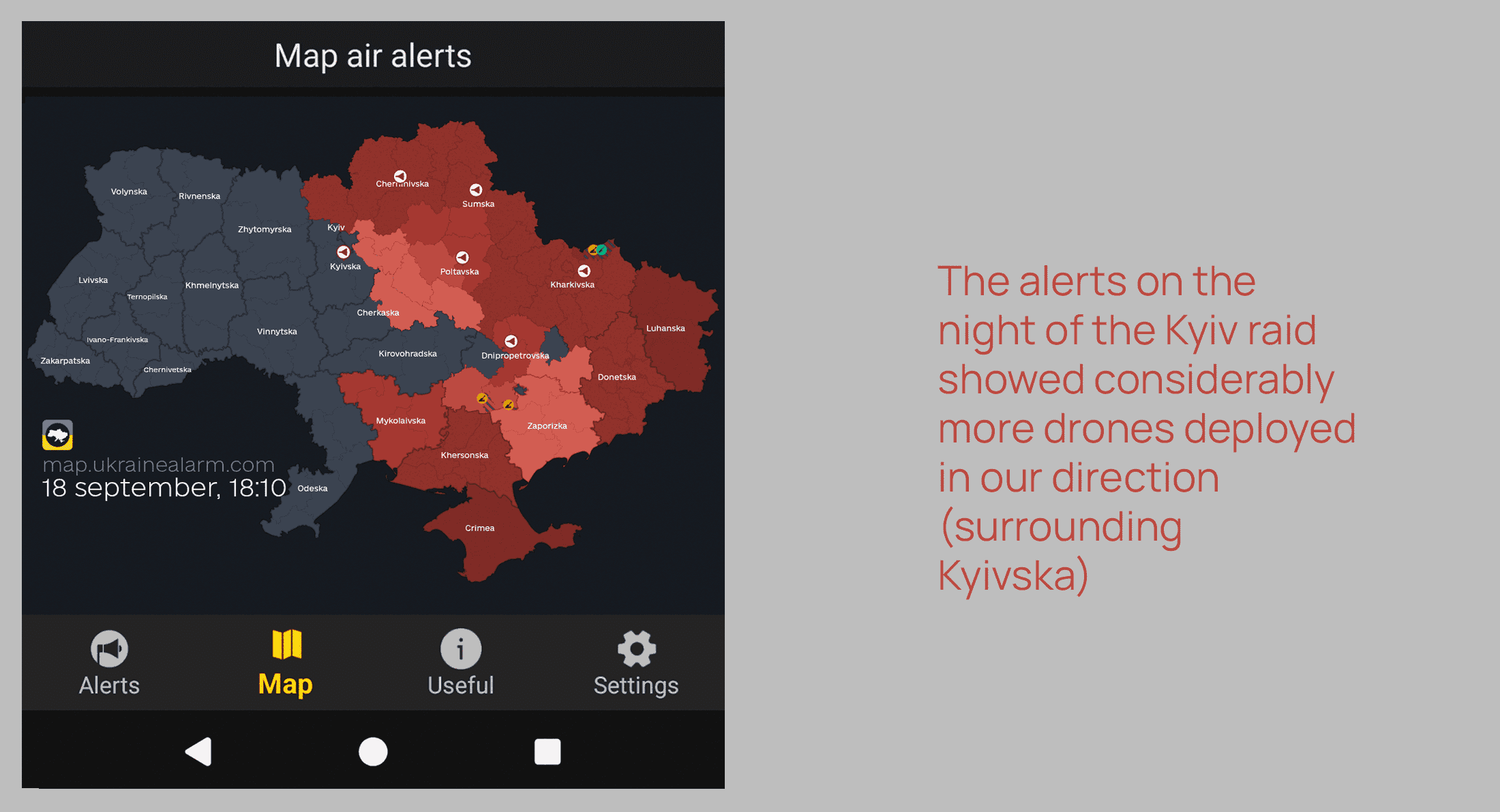
So.. Kyiv. What changed when you got closer to the front lines?
Sakari:
The feeling is very different. On the drive in, you can see battle damage from the early fight for Hostomel Airport. You start seeing army checkpoints, heavy weapons ready for loitering drones, and clear signs of war.
Kyiv in the daytime is still a busy city. But the first night I was there, the air-alert app went off.
I ignored it at first because I was exhausted. But then I heard anti-aircraft fire. The whole city was quiet due to the curfew, so you hear every shot.
Soon after, I heard explosions. Either the AA guns hit their targets or a drone hit something. Then a Shahed drone flew over the hotel. You know the sound. It is very distinct.
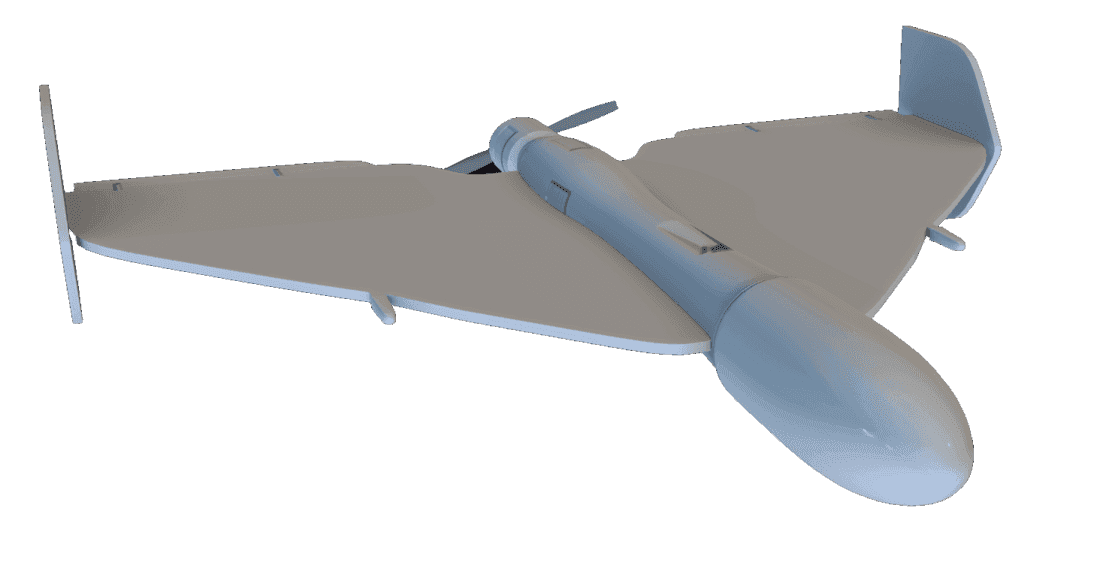
A Shahed Attack Drone flew overhead! Wow! We're you scared?
Sakari:
A bit, of course. But I also knew the facts. I was a sapper in the Finnish Army. I know what 20–50 kg of explosive does. I chose a low floor in a strong, old building. Even if a drone hit the roof, the structure would hold. It would not collapse.
I also had a local contact with a car and a plan for a fast exit if something major happened. That helped.
It feels unreal. You know these flying bombs are aimed at something in the city. And you are standing there listening to it.
You were meant to test your system with a drone manufacturer. What happened?
Sakari:
I met the founder of Skyfall at the Lviv event. We agreed to do test flights at their grounds near Kyiv. He even planned to show me their factory.
But on the day of the test, I received a message that they had to head east to fight incoming Shahed drones. They build interceptor drones, so they had more urgent work. It was completely understandable.
It was disappointing, but also a sharp reminder of the reality there. Your “business meeting” gets cancelled because the people you are meeting need to go stop drone attacks.
Did the trip change how you see your own product?
Sakari:
It confirmed that we are building something useful. Investors at the Lviv event reacted very well to our demo. But the trip also showed me how complex the environment is. Things move fast. Communication can be hard. Plans change without warning.
It made me realise that getting a system from “good idea” to “in use on the front line” is a long road. Not because the idea is wrong, but because of the chaos of war, language gaps, and fast-shifting needs.
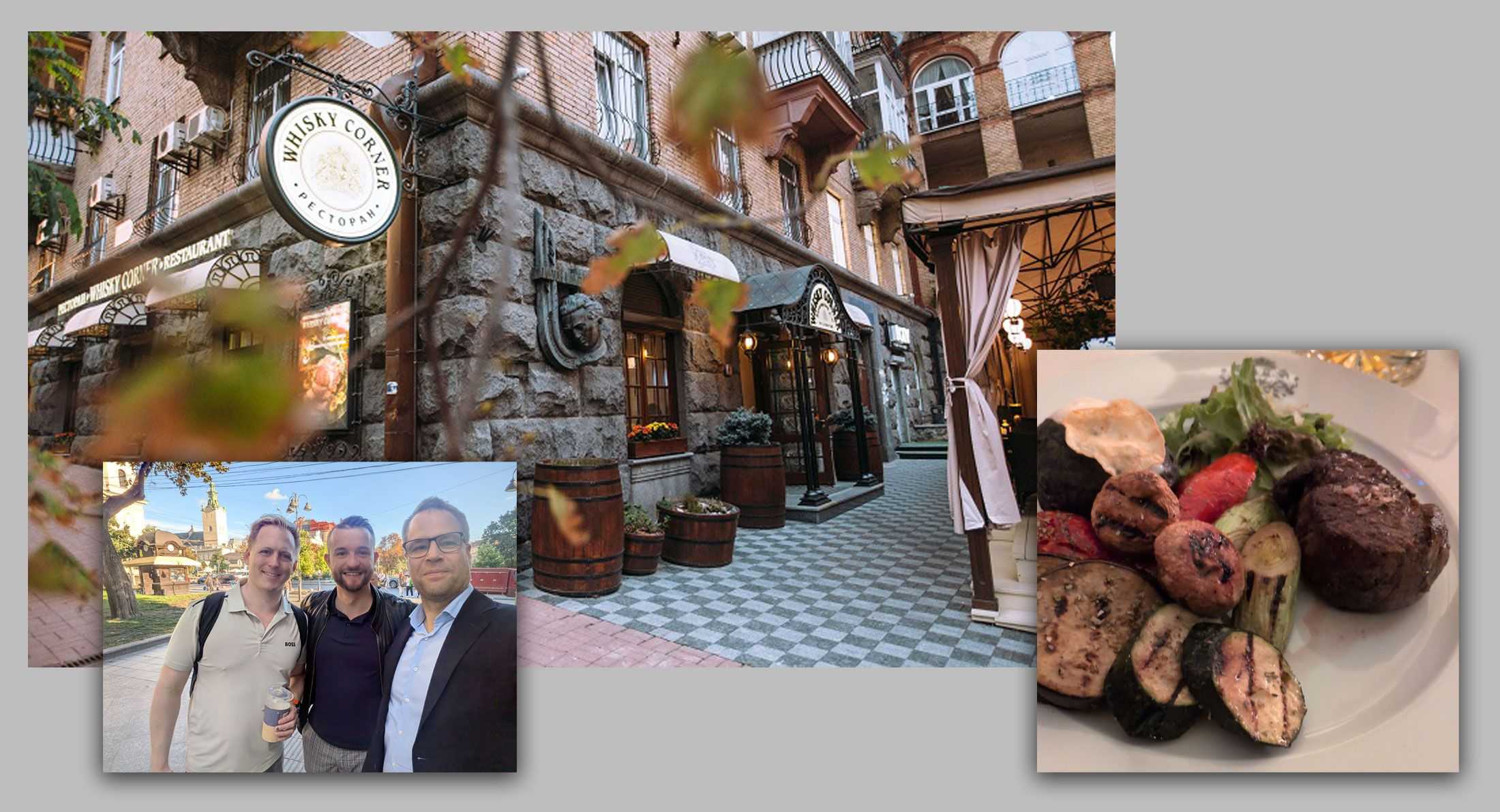
What stood out to you about the Ukrainian spirit?
Sakari:
There was a social event in Lviv. After it, a group of Ukrainians invited us to join them in a pub. The place was packed. Long queues at the bar. They had just bought fresh beers for themselves.
But when we joined the table, they handed all those beers to us and went to get new ones for themselves. That would never happen in Finland. It said a lot about their culture. Warm, giving, open.
Additionally if you get the chance to go to Kiev I can heartily recommend the Whisky Corner.
The best steak I have eaten in a restaurant in a long time.
The people I met were also not broken by the war. They joked, laughed, and stayed positive. Many had served or were still connected to the army, but their attitude was strong.
What was it like leaving Ukraine?
Sakari:
I felt relief when we crossed into Poland. On the bus, I think I was the only foreigner.
Most were Ukrainian women with small kids. Border checks for men are very strict. They went through my luggage in detail. They turned everything inside out. I was tired by then, so I just let it happen and tried to laugh about it.
My family, especially my father, kept asking me to message them once I was safely out.
The trip was a success in one sense: we made strong investor connections and are still in talks.
The sad part was missing the test flights. But the reason they were cancelled says everything about the reality there.
Would you go again?
Sakari: In a heartbeat. Slava Ukraine.
Steve Indeed. Slava Ukraine.

